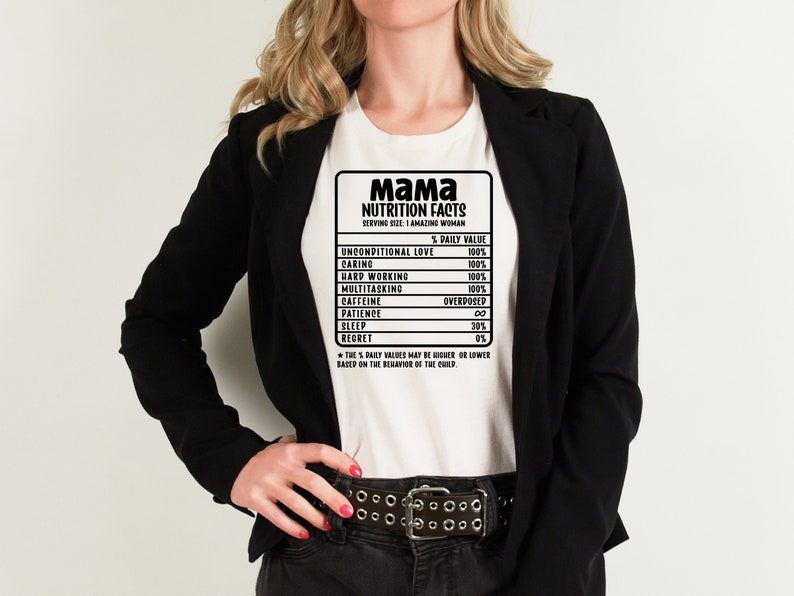
Asbestos Hazard Emergency Response Act (AHERA).International Safe Container Act (ISCA).Federal Water Pollution Control Act (FWPCA).Comprehensive Environmental Response, Compensation and Liability Act (CERCLA).Section 11(c) of the Occupational Safety and Health Act (OSH Act).The time frame for filing a complaint begins when the adverse action, such as a firing, occurs and is communicated to the employee. OSHA administers more than 20 whistleblower statutes, with varying time limits for filing. If the employer denied her request to swap because she called OSHA, then retaliation has occurred and the employer’s actions violated section 11(c) of the Occupational Safety and Health Act. And, in this case, it appears that her employer denied her shift swap because she engaged in the protected activity. The denial of the shift swap is an adverse action. In addition, she was the only employee denied the ability to swap shifts. Her employer denied her shift swap only a few days after being notified that she called OSHA. She informed her employer that she called OSHA.

By calling OSHA to complain about the fire hazard, the worker engaged in protected activity under one of the whistleblower laws administered by OSHA. Section 11(c) of the Occupational Safety and Health Act protects workers who file complaints with OSHA. Workers have a right to call OSHA to report an unsafe condition. However, the other employees were still allowed to swap shifts. The worker tried to swap shifts a few days after she told her employer that she called OSHA, but her employer did not allow her to swap. A workplace practice existed which allowed all employees to swap shifts if they needed to take time off. The worker had reported the fire hazard previously to her employer. What is an example of retaliation?Ī worker informed her employer that she called OSHA because she believed there was a fire hazard that her employer refused to fix. For additional information on whistleblower protection rights of temporary workers, please see OSHA's Temporary Worker Initiative Bulletin No. When a staffing agency supplies temporary workers to a business, both the staffing agency and its client (commonly referred to as the host employer) may be held legally responsible for retaliating against workers.


Reporting or threatening to report an employee to the police or immigration authoritiesĪre temporary workers protected from retaliation?.



 0 kommentar(er)
0 kommentar(er)
